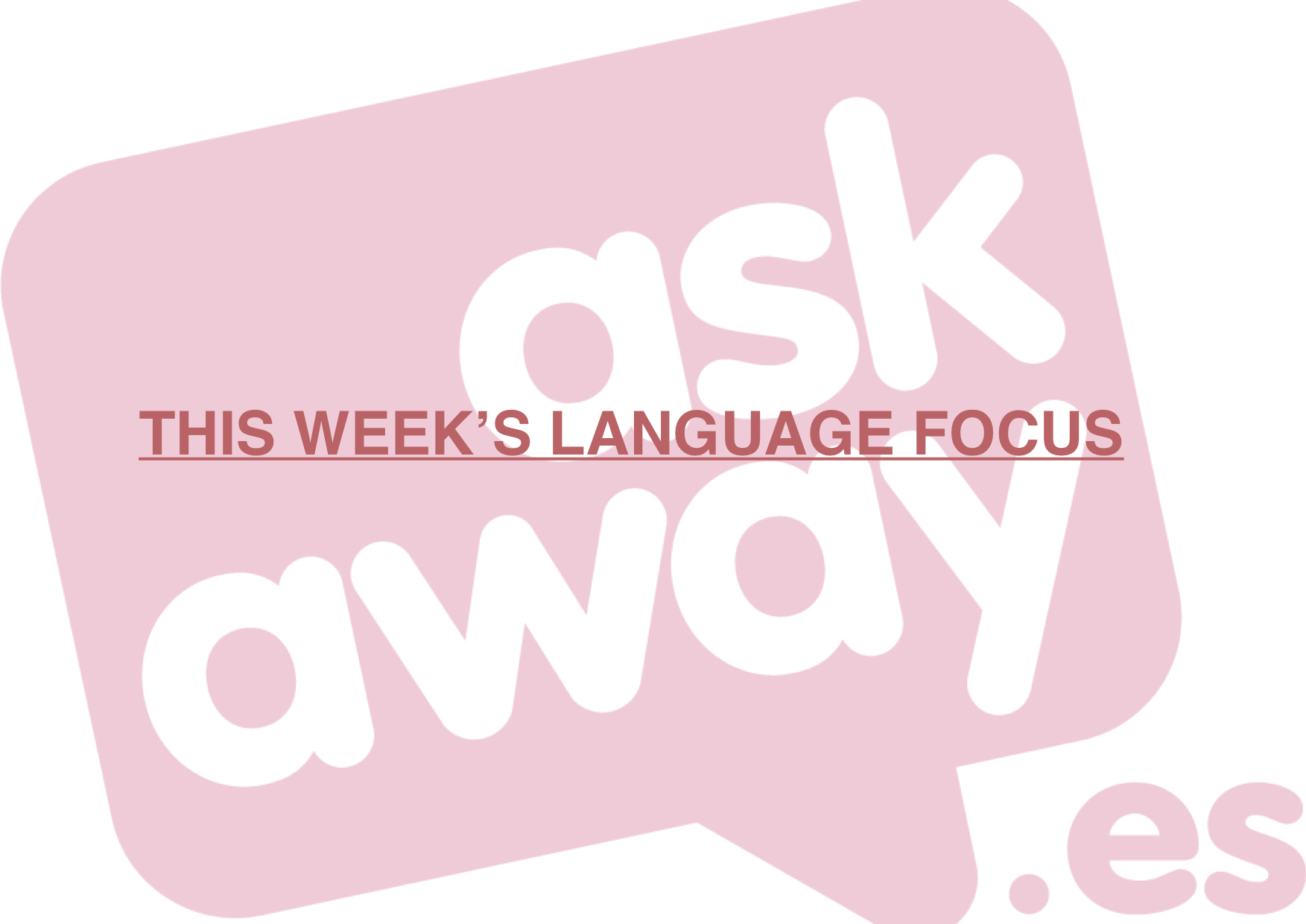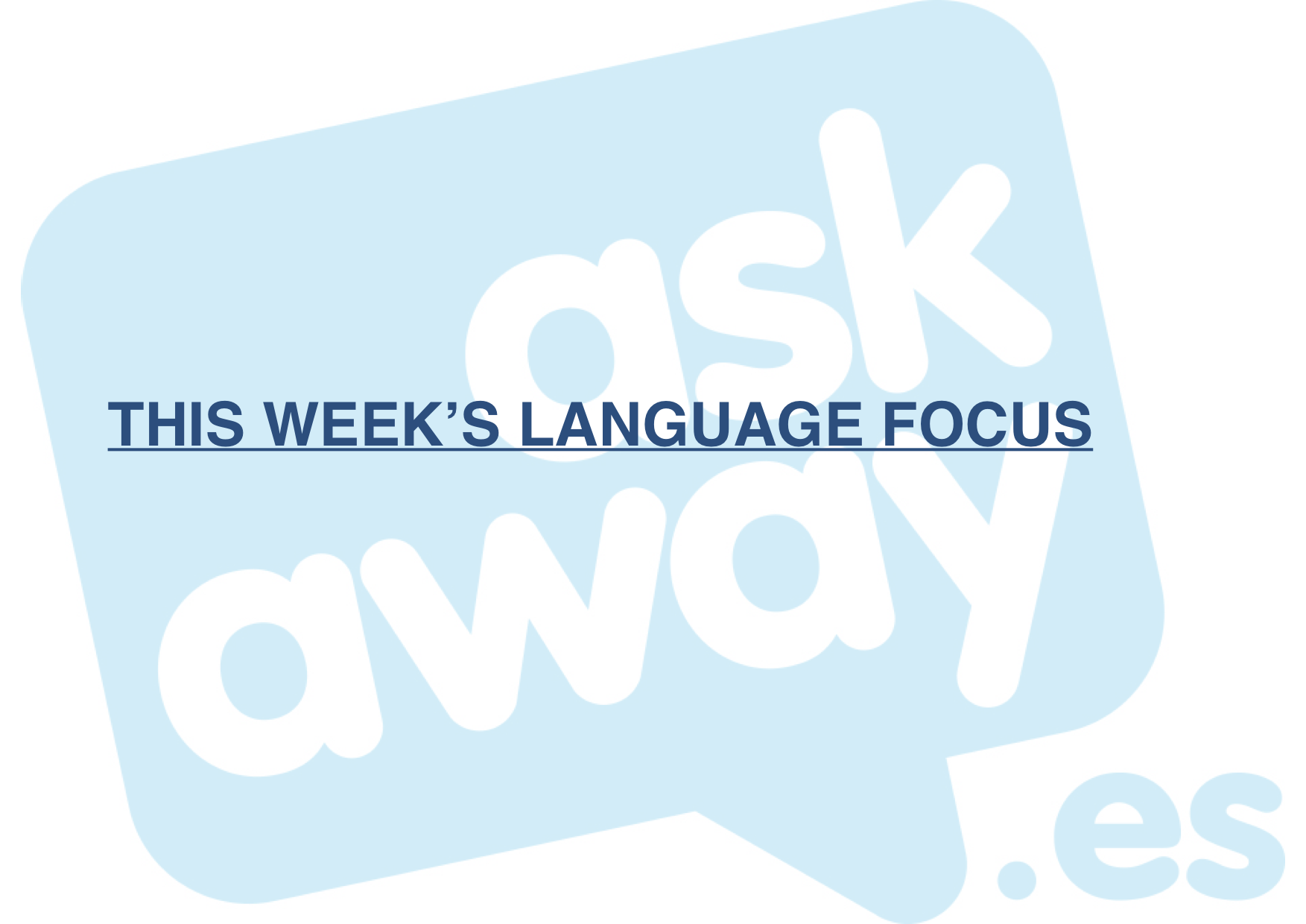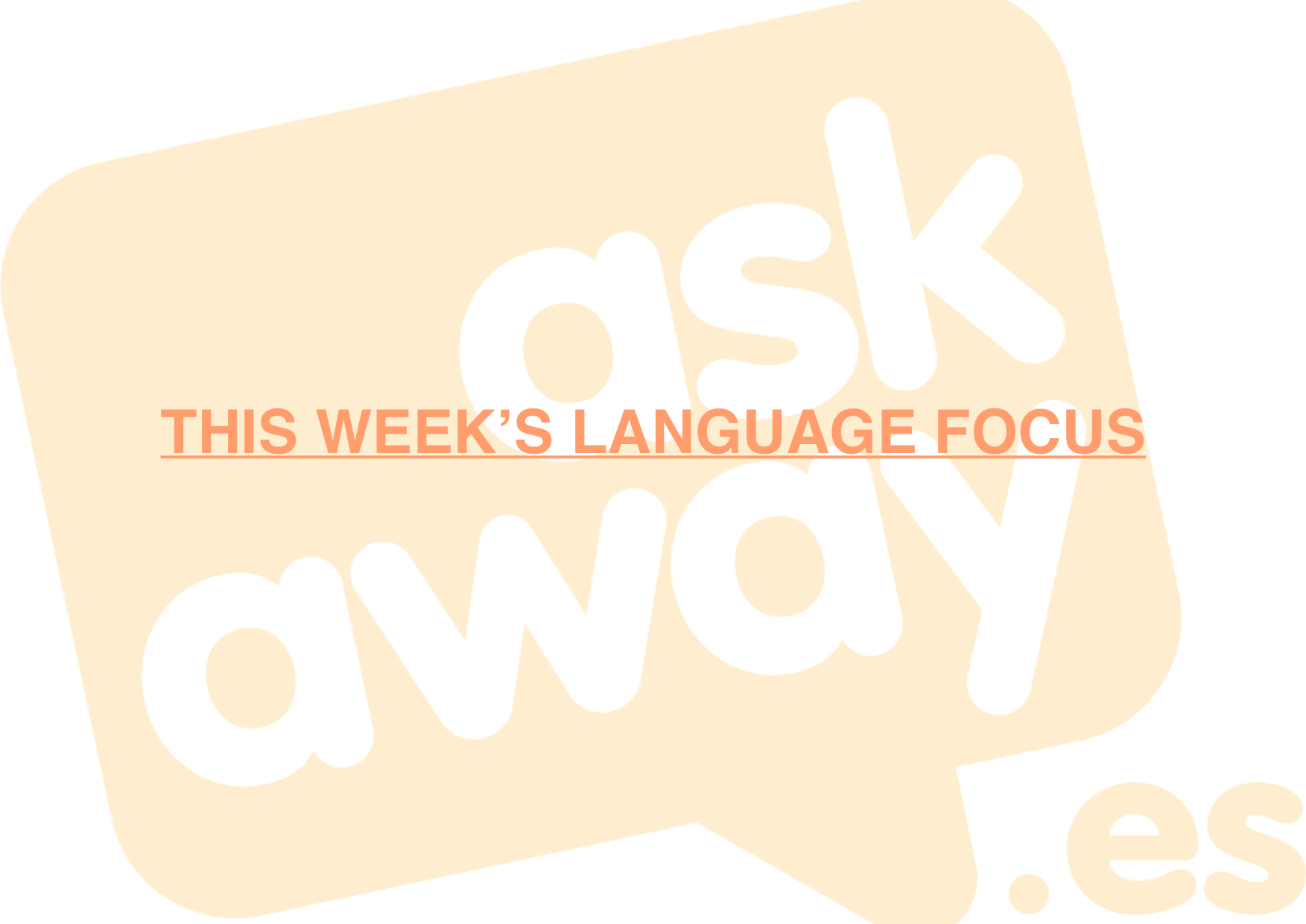[:es] i.e. versus e.g. i.e. (id est) means ‘that is’ or ‘in other words’. i.e. clarifies what you have said. Example: Jack posted a photo on his social media page, i.e. his food blog. e.g. (exempli gratia) means ‘for example’ or ‘example given’. e.g. adds colour to a story through an example. Example: Jack likes…
Tip of the week: Language Errors
[:es] Language Errors Error: It is a high-paid job. Correction: It is a highly-paid job. Error: I’ll go out after the dinner. Correction: I’ll go out after dinner. [:en] Language Errors Error: It is a high-paid job. Correction: It is a highly-paid job. Error: I’ll go out after the dinner. Correction: I’ll go out…
Tip of the week: Apostrophe S
[:es] Apostrophe S Rules: For regular plural nouns add S’. Example: The dogs’ bones (more than one dog). For irregular plural nouns add ‘S. Example: The women‘s clothes department. For singular nouns ending in S add ‘S. Example: The boss‘s office is big. For all other singular nouns add ‘S. Example: The dog‘s bones (one…
Tip of the week: They’re/Their/There
[:es] They’re/Their/There They’re is a contraction of ‘They are’. Their indicates ownership by a group. There indicates a place. Examples: They’re going to be late. Their house is very big. My car is parked there now. [:en] They’re/Their/There They’re is a contraction of ‘They are’. Their indicates ownership by a group. There indicates a…
Tip of the week: Superfluous Repetition of Words
[:es] Superfluous Repetition of Words INCORRECT: You must have to complete the task. CORRECT: You have to complete the task. Rule: Do not repeat words that have the same meaning. Examples: You must complete the task. You have to complete the task. [:en] Superfluous Repetition of Words INCORRECT: You must have to complete the task….
Tip of the week: Know
[:es] Know INCORRECT: I know to drive a car. CORRECT: I know how to drive a car. Rule: Know is generally followed by how, when, where, what and why. Examples: They know how to write a letter. She knows where to look for it. [:en] Know INCORRECT: I know to drive a car. CORRECT: I…
Tip of the week: Each other/One another
[:es] Each other/One another INCORRECT: They both love one another. CORRECT: They both love each other. Rule: Each other is used for two people. One another is used for more than two. Examples: The two brothers love each other. His family love one another. [:en] Each other/One another INCORRECT: They both love one another. CORRECT:…
Tip of the week: Wait on/Wait for
[:es] Wait on/Wait for INCORRECT: I’m waiting on the bus. CORRECT: I’m waiting for the bus. Rule: Wait on means to serve. Examples: I have a new job waiting on customers. I work at the café waiting on tables. [:en] Wait on/Wait for INCORRECT: I’m waiting on the bus. CORRECT: I’m waiting for the bus….
Tip of the week: Loose/Lose
[:es] Loose/Lose Incorrect: I don’t want to loose this job. Correct: I don’t want to lose this job. Rule: Loose: Not firmly or tightly fixed in place. Lose: To be deprived of or cease to have or retain something or someone. Examples: The lid of the container is loose. I don’t want to lose her….
Tip of the week: Short-word Comparative Adjectives
[:es] Short-word Comparative Adjectives Incorrect: She is more tall than María. Correct: She is taller than María. Incorrect: He is more small than Paul. Correct: He is smaller than Paul. Rule: Short-word comparative adjectives take the -er form. [:en] Short-word Comparative Adjectives Incorrect: She is more tall than María. Correct: She is taller than María….



